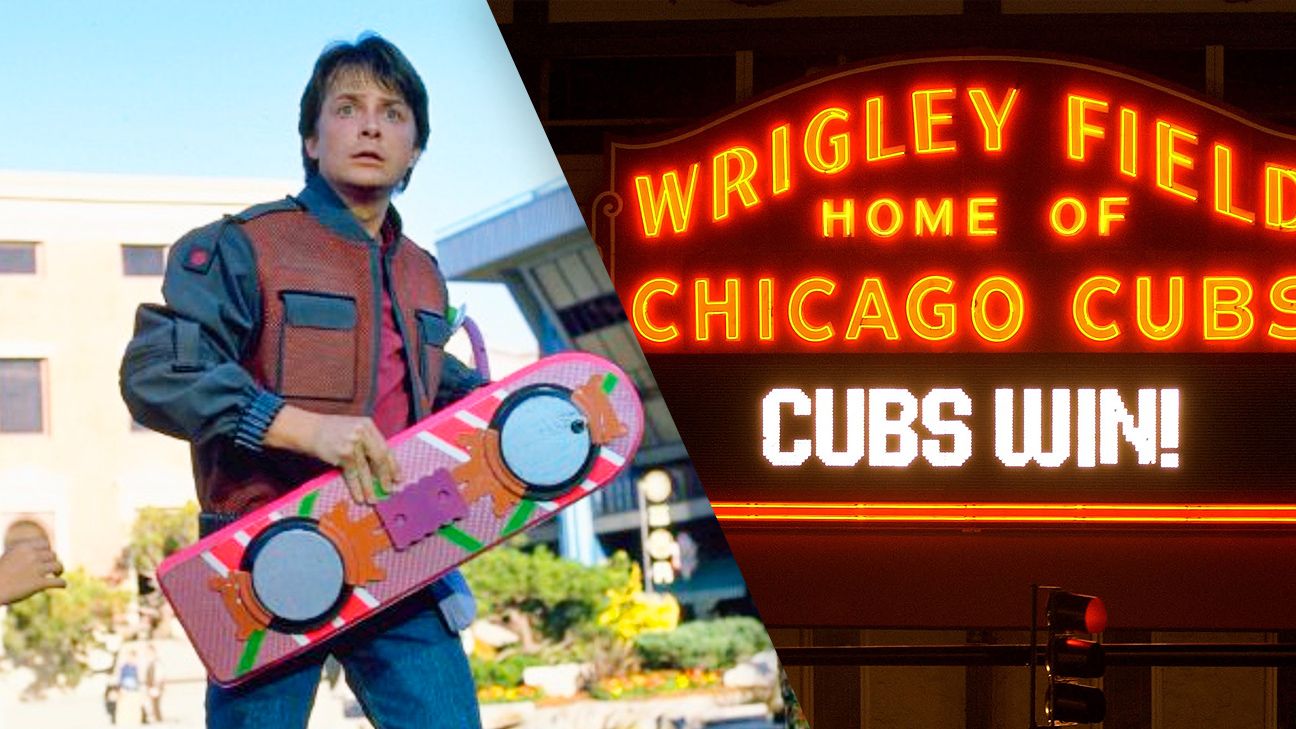“Back to the Future” has been big news this year. This was the year in which Marty McFly, the protagonist of the story, supposedly traveled to. Our present was Marty McFly’s future. In that future, there were a few things that we don’t see around today – self-lacing tennis shoes, hover boards, a baseball team in Florida, and the Cubs winning the World Series (although that did come as close to happening as it ever has).
The Psalm for this week, Psalm 126, is one of the Psalms of Ascent. It was a part of the song book that every good Hebrew knew and sang as they were going to Jerusalem for the High Holidays. It was called a song of Ascent because conceptually to every Hebrew, going to Jerusalem was always going “up” from where you were. Being in Florida, people would understand if I said that I was going “up” to Chicago, because it is north of me, “up” on a map or because most of Chicago is at a higher elevation than Florida. But Jerusalem was considered to be “up” simply because it was the city of God. It was where the temple was, the national and theological identity of every Hebrew was found in that city. It was always going to be “up”.
This particular song of ascent was meant to be one of recalling some of the past glories of Jerusalem, especially when it was under the reign of great kings like David and Solomon. But it didn’t stop at simply recollection, this Psalm of Ascent actually asks for the restoration of those days.
When we read this Psalm together as Christians, we may think of this request as a request for the restoration of the Church. Especially these days, many people seem to be down on the status of the Church in our culture. The Church has lost many of the ways with which it once influenced culture. There are many voices that cry out for a restoration of the “greatness” of the Church.
The same cry for the “greatness” of the Church was being heard in Martin Luther’s day in Rome. The Roman Catholic church had been challenged in the degree to which it could make change in culture. It seemed like the “great” Church was no longer so great. In response, Leo the Tenth, the pope and leader of the Roman Catholic Church began work on one of the greatest building projects ever created – St. Peter’s Basilica in Rome. It was a building that was supposed to prove that the Church could be great again.
In a round about way, St. Peter’s did prove the that Church could be great, but it wasn’t in the way that Leo the Tenth had in mind. Leo the Tenth had thought the magnificence of this building would prove the Church’s greatness, but what actually proved how great the Church could be was the reaction to the indulgences that were sold to pay for the building. With his 95 Theses, Martin Luther called into question the selling of indulgences, which was the tipping point for the Reformation.
The Reformation, as a movement, brought clarity and prominence to the Gospel, which meant that the Church began to grow again. The Church was not made great by building projects or power grabs, but by the simple testimony that we find in Psalm 126: “The Lord has done great things for us.”
As the Church looks weak to some in our culture today, it is tempting for us to make for power grabs or spectacles. But perhaps as in the Reformation, we should simply look to proclaim the great and rich Gospel won for us on the Cross and join in the refrain “The Lord has done great things for us.” He has restored our future in the New Jerusalem of the Resurrection, and has made us a part of His great Kingdom.
This started as an addition to “Living the Lectionary”, a resource of University Lutheran. You can find more about Living the Lectionary at http://universitylutheranchurch.org/category/living-the-lectionary/
